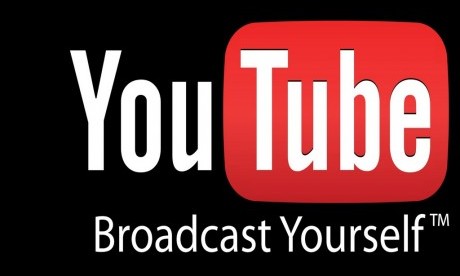Companies are usually accountable to no one but their shareholders.
Internet companies are a different breed. Because they traffic in speech — rather than, say, corn syrup or warplanes — they make decisions every day about what kind of expression is allowed where. And occasionally they come under pressure to explain how they decide, on whose laws and values they rely, and how they distinguish between toxic speech that must be taken down and that which can remain.
The storm over an incendiary anti-Islamic video posted on YouTube has stirred fresh debate on these issues. Google, which owns YouTube, restricted access to the video in Egypt and Libya, after the killing of a United States ambassador and three other Americans. Then, it pulled the plug on the video in five other countries, where the content violated local laws. Read more
Sources
- Somini Sengupta in The New York Times Sunday Review
- Image: GoodinBlogging
Somini Sengupta covers technology issues for The New York Times.
Additional readingNews category: Analysis and Comment.




